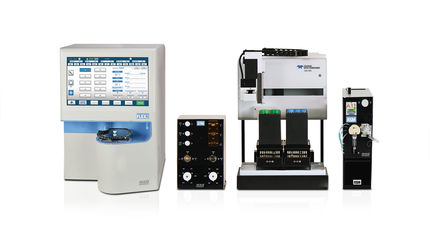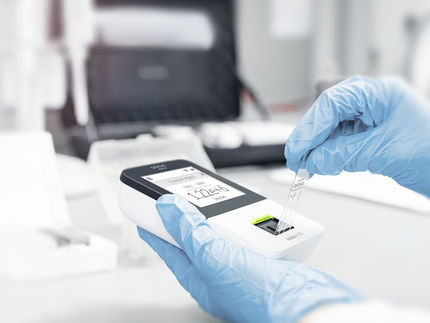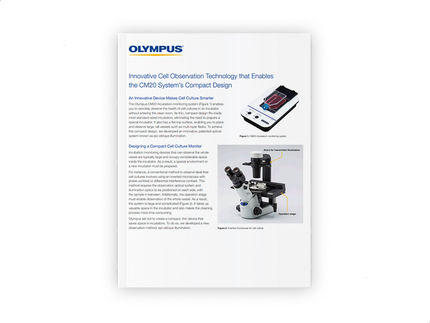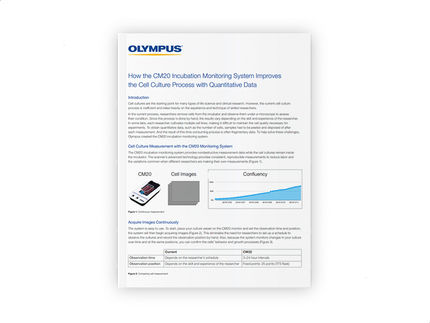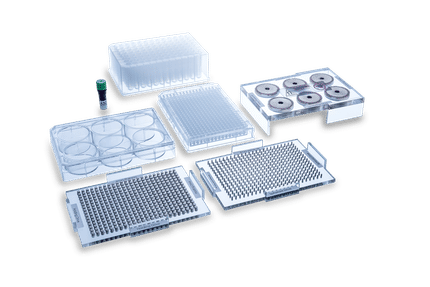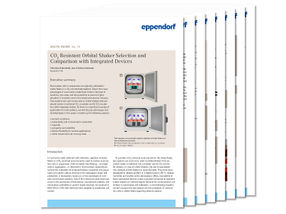Eppendorf
CO2 resistant shakers – A selection guide
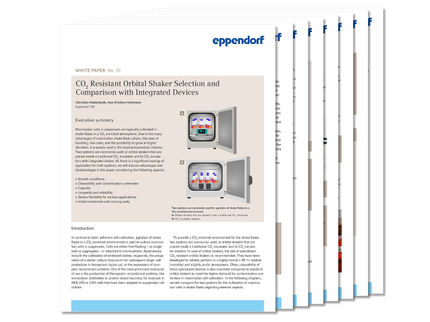
Buying tips and comparison with integrated systems
Mammalian cells in suspension, e.g. for the expression of recombinant proteins or the production of bioreactor starter-cultures (inoculum), are typically cultivated in shake flasks. This process is done in a CO2-enriched atmosphere with high relative humidity that requires specialized devices. Two systems are commonly used: a) CO2 resistant shakers that are placed inside a traditional CO2 incubator and b) CO2 incubators with an integrated shaker. As there is a significant overlap of application for both systems, the White Paper discusses advantages and disadvantages of both systems and provides tips for the proper selection of a CO2 resistant shaker.
Aspects discussed in the White Paper: performance for optimized growth conditions, cleanability and contamination prevention, flask capacity, longevity and reliability, device flexibility for various applications, initial investment and running costs.
Advertisement




